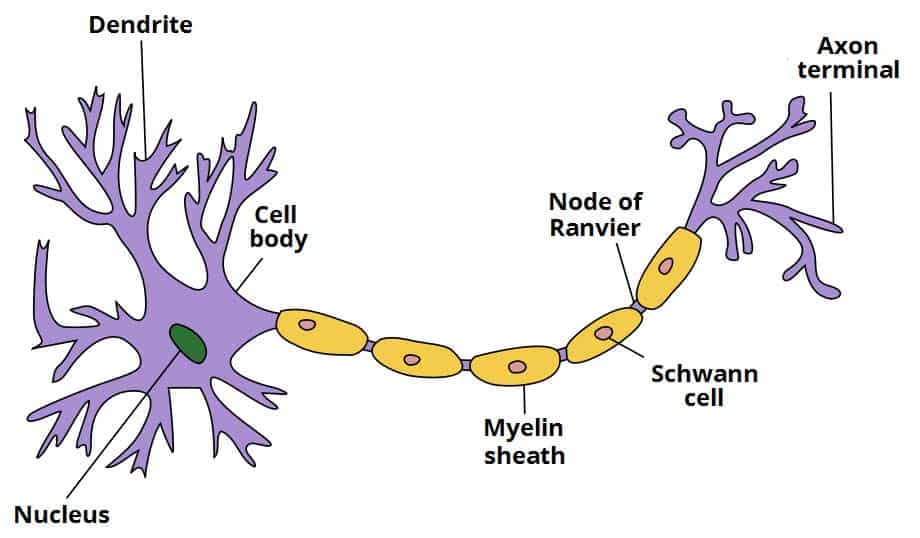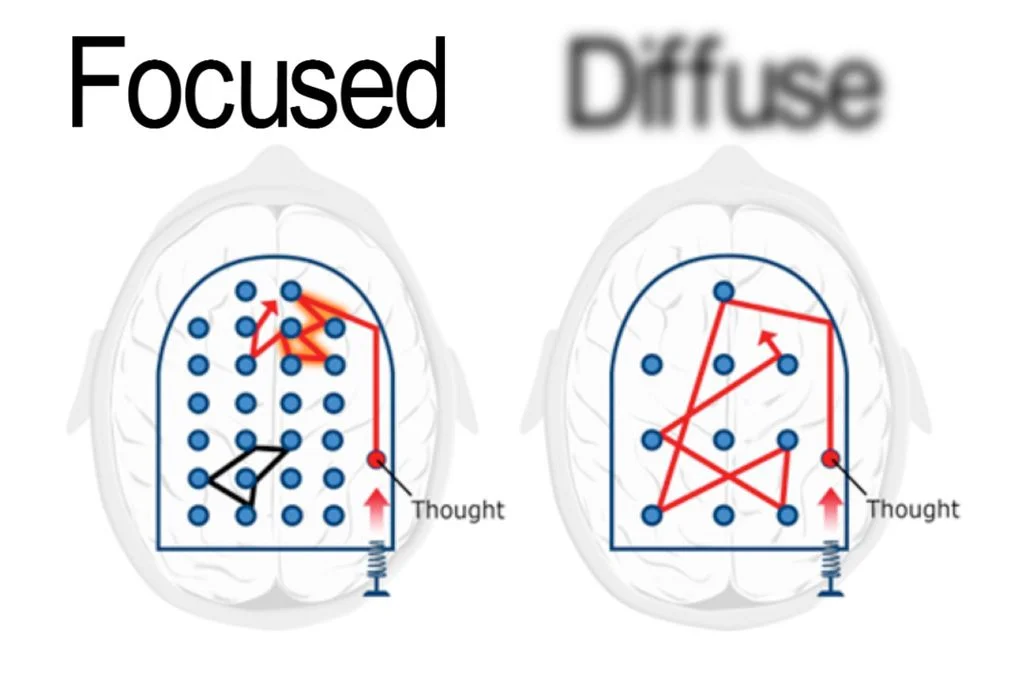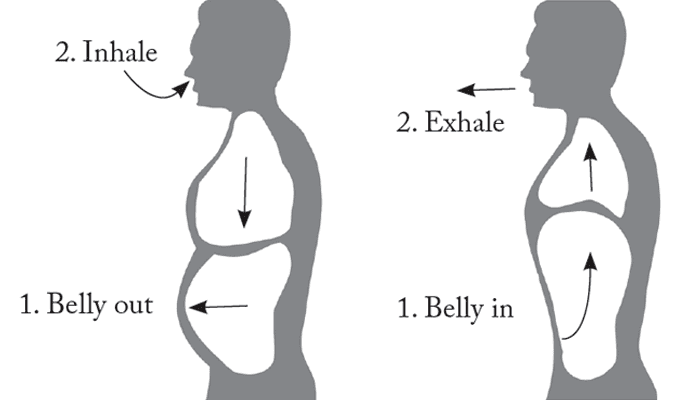How I study Computer Science (Learning how to Learn) - Part 4 (Renaissance Learning)

Renaissance Learning
Metaphors and analogies aren't just for art and literature. One of the best things you can do to not only remember but more easily understand concepts in many different fields is to create a metaphor or analogy for them. Often the more visual, the better.
We've learned from Nobel Prize Winner Santiago Ramón y Cajal that if you change your thoughts, you can really truly change your life. It seems people can enhance the development of their neuronal circuits by practicing thoughts that use those neurons. Like Santiago Ramon y Cajal, you can take pride in aiming for success because of the very things that make other people say you can't do it.

Keep in mind that when you whiz through a homework or test question, and you don't go back to check your work, you're acting a little like a person who's refusing to use parts of your brain. You're not stopping to take a mental breath, and then revisit what you've done with the bigger picture in mind, to see whether it makes sense.

Overconfidence in your results can result from using only one mode of thinking. By making it a point to do some of your studying with friends, you can more easily catch where your thinking has gone astray.
Taking a test is serious business. Just as fighter pilots and doctors go through checklists before takeoff and surgery, going through your own test preparation checklist can vastly improve your chances of success.
Counterintuitive strategies, such as the hard start jump to easy technique, can give your brain a chance to reflect on harder challenges, even as you are focusing on other, more straightforward problems.
Apply this checklist everyday before an exam:
- [ ] Did you make a serious effort to understand the text? (Just hunting for relevant worked-out examples doesn't count.)
- [ ] Did you work with classmates on homework problems, or at least check your solutions with others?
- [ ] Did you attempt to outline every homework problem solution before working with classmates?
- [ ] Did you participate actively in homework group discussions (contributing ideas, asking questions)?
- [ ] Did you consult with the instructor or teaching assistants when you were having trouble with something?
- [ ] Did you understand ALL of your homework problem solutions when they were handed in?
- [ ] Did you ask in class for explanations of homework problem solutions that weren't clear to you?
- [ ] If you had a study guide, did you carefully go through it before the test and convince yourself that you could do everything on it?
- [ ] Did you attempt to outline lots of problem solutions quickly, without spending time on the algebra and calculations?
- [ ] Did you go over the study guide and problems with classmates and quiz one another?
- [ ] If there was a review session before the test, did you attend it and ask questions about anything you weren''t sure about?
- [ ] Did you get a reasonable night's sleep before the test? (If your answer is no, your answers to 1-11 may not matter.)
Here are some last test-taking pointers.
- The body puts out chemicals when it's under stress. How you interpret your body's reaction to those chemicals makes all the difference. If you shift your thinking from, this test has made me afraid, to, this test has got me excited to do my best, it helps improve your performance.
- If you're panicked on a test, momentarily turn your attention to your breathing. Relax your stomach. Place your hand on it, and slowly draw a deep breath.

How I can apply my findings to learning Computer Science?
Always double check after going through a homework assignment or a test question. For homework assignments, spend some time in diffused mode before visiting to look at it with fresh eyes. Group study is also a great way to avoid overconfidence by quizzing each other.
The hard-start jump-to-easy technique is actually useful, especially applied for my final exam in Design & Analysis of Algorithms. I can also apply the technique to assignments and research tasks, where I pick the most difficult part to tackle for 1 pomodoro, then step back so the subconscious can process it later. Mood shifts and controlled breathing is also beneficial for exams.
After the announcement of an exam, I should review this checklist everyday until they're all checked out before the due date.
Final note
This is the fourth out of 4 parts, each comes out a day apart. Please remind me to stick to my own advices here. Thank you so much for reading!